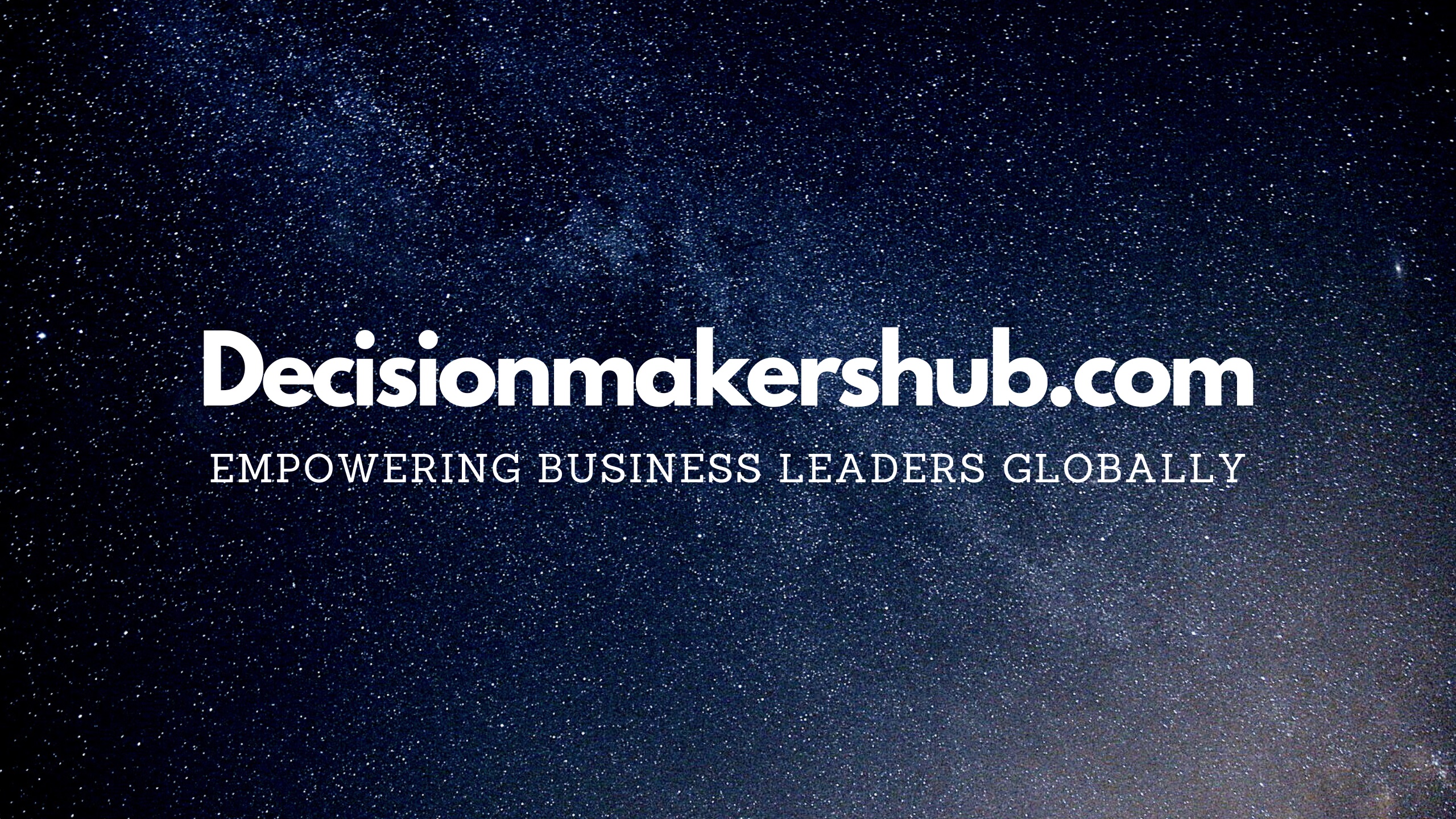Organizations are confronted with the difficulty of engaging and retaining Gen Z employees as the working landscape continues to develop. A new strategy for managing the workforce is necessary to accommodate the attitudes, tastes, and expectations of this generation, which includes those born between 1997 and 2012.
Understanding the Gen Z Mindset
Gen Z workers value having fun and nice coworkers more than having a manager that is informed and supportive, according to a poll by EduBirdie. Additionally, health insurance is more important to them than non-monetary benefits, and they value work-from-home and flexible hours more than chances to advance in their careers.1Generation Z is prioritizing work-life integration and a sense of belonging over traditional career advancement, reflecting their desire for a more balanced and purpose-driven work experience.
Strategies for Engaging and Retaining Gen Z
To effectively engage and retain Gen Z employees, organizations should consider the following strategies:
- Align with Values and Purpose: Jobs that allow Gen Z to live out their ideals while still making a difference are more appealing to this generation. Share the vision and principles of your company with your employees, highlighting their individual contributions to the bigger picture. Participation and commitment are enhanced by this feeling of direction.
- Provide Continuous Learning Opportunities: Generation Z workers are always looking for new ways to improve their abilities. To keep people interested in and motivated in their professional development, provide a variety of training programs, mentorship opportunities, and job rotations.
- Foster a Collaborative and Inclusive Culture: Workplace camaraderie, transparency, and cooperation are important to Generation Z. Foster an inclusive and supportive work atmosphere by encouraging collaboration, facilitating team-building activities, and creating opportunity for cross-functional interactions.
- Embrace Flexibility and Work-Life Integration: Consider Gen Z workers’ needs for a work-life balance seriously. Provide them with choices for remote work and flexible scheduling so they may tailor their work schedule to their requirements and preferences.
- Leverage Technology and Automation: Generation Z is the first to have experienced life in the information age from childhood. Streamline procedures, boost productivity, and deliver an engaging experience for employees by leveraging technology and automation.
- Provide Meaningful Feedback and Recognition: Consistent criticism and public praise are two things that motivate members of Generation Z. Establish a solid strategy for managing their performance that incorporates regular check-ins, helpful criticism, and prompt acknowledgment of their accomplishments.
Companies can attract and keep Gen Z workers by using these tactics, which will also make the workplace more welcoming and exciting for all employees.
